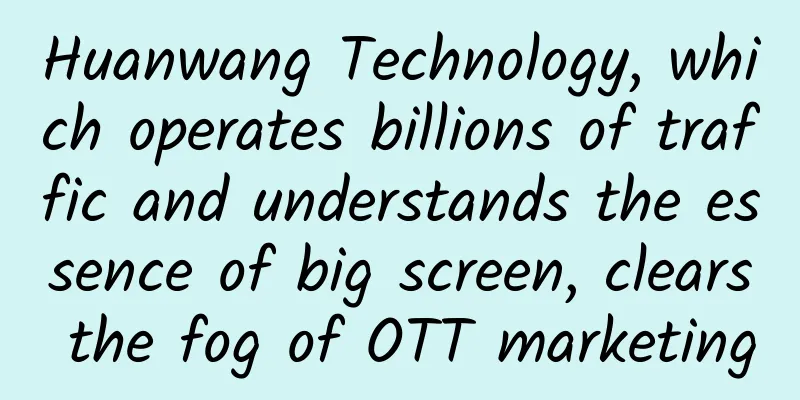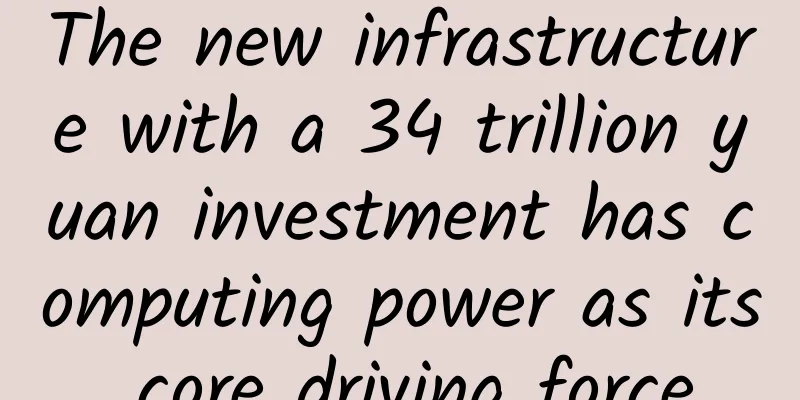Intel's big change in mobile chips: Ignore the immediate and only care about poetry and distant places?

|
There are rumors in the industry that Intel will abandon its mobile chip product line. An Intel spokesperson also confirmed that Intel will cancel the development of the Atom processors codenamed SoFIA and Broxton for mobile devices. Intel recently announced that it would lay off 12,000 employees due to the shrinking PC market. Given that Intel announced last year that it would merge its mobile chip division with its PC chip division, the poor development of its mobile chip business is to blame, and SoFIA and Broxton became the first products Intel abandoned. Shocked by Intel's strong power and abundant capital, despite the departure of giants such as Texas Instruments , Nvidia, Broadcom , and Marvell, and the gradual formation of an oligopoly competition pattern, Intel is still widely regarded by the industry as a disruptor in the mobile chip market. It has had rumors with Qualcomm , MediaTek, and Spreadtrum, and has invested in Spreadtrum. Is Intel really done with the mobile chip market, which is worth tens of billions of dollars? Hard to give up According to reports, Intel has shelved SoFIA LTE and stopped developing the Atom X5 series tablet chips codenamed Cherry Trail, and plans to replace them with Pentium and Celeron chips codenamed Apollo Lake. From the surface, Intel has adopted a laissez-faire attitude towards the mobile chip market. At this year's Shenzhen IDF (Intel Information Technology Summit), there was no sign of mobile chips. Intel has been involved in the mobile chip market for a long time. As early as 2010, it entered the mobile chip business by acquiring Infineon's wireless division. However, that tentative investment was not successful. With the explosion of the tablet market, Intel chose a roundabout strategy and invested heavily in tablet chips. Under the huge subsidy strategy, Intel's share of the tablet market has soared, with shipments exceeding 40 million in 2014. However, this superficial prosperity was bought by Intel at a cost of US$7 billion. When Intel tightened its purse strings in 2015, its market share also fell. The mobile phone chip market has been bleak. The rumor of "winning Apple orders" has never become a reality, but Intel has a fire in its backyard. As the LTE product development progress is slower than expected, its close ally ASUS cut some mobile processor orders and turned to Intel's competitors. The mobile chip market has gradually changed from a potential business for Intel to a useless business. According to the latest data from market research firm IDC, in the first quarter of 2016, global smartphone shipments grew by only 0.2% year-on-year, the smallest growth rate on record; the tablet market fell by 14.7%, the sixth consecutive quarter of decline. For chip suppliers, the result of market contraction is more intense competition and it is increasingly difficult to make money. For Intel, which is good at planning for the future, choosing to leave the market at this time is also a good choice. But Intel did not give up completely. In the Chinese market, Intel invested $1.5 billion in Spreadtrum and "reached a strategic cooperation" with Rockchip, hoping to promote its x86 architecture in the mobile market through Chinese partners. At the same time, Intel also jointly developed the SoFIA 3GR chip with Rockchip. Out of a sense of responsibility to its partners, Intel could not completely withdraw. After the relevant reports came out, Rockchip Vice President Chen Feng forwarded the relevant news and commented: "SoFIA 3GR will not be affected, and because of the cancellation of other products, its importance will be even greater." Unrequited Love In fact, according to C114, Intel is not gradually withdrawing from the mobile market, but is no longer paying attention to the current competition and is aiming at better opportunities in the future. The short-term departure is for a better return. Intel CEO Brian Krzanich recently explained Intel's future strategy. In his eyes, Intel's future will focus on five cores: cloud and data center, Internet of Things, storage and programmable solutions, 5G, and Moore's Law. Regarding 5G, Krzanich said, "As the world enters the 5G era, Intel will continue to lead the delivery of end-to-end 5G systems with our technological advantages, including from modems to base stations, and to various existing and future connection methods." Krzanich said Intel will not give up, but will focus on how to guide the entire industry to 5G. This may be a huge challenge, but it will also be an opportunity for Intel to finally leave its mark in the mobile market. Mobile business can be classified as 5G. According to C114, Intel did not stop developing mobile products, but turned to stronger products, which are likely related to 5G. This strategy can give us a glimpse of Intel's attitude towards mobile business: since it has fallen behind in the LTE field, it will no longer catch up, but gather advantageous resources and invest in the research and development of the 5G field to seize the initiative before the next big era arrives. As the desire for 5G technology in major countries around the world intensifies competition, the time node for 5G commercialization will be advanced by several years. Since 5G has become the focus of industry attention, Intel has been a staunch supporter and promoter, and has accumulated a large amount of technical reserves and industrial chain resources. The high complexity of 5G technology will bring new challenges to mobile terminals. Intel, which has "fought again and again" in the mobile chip market, is expected to make a comeback with the asymmetric advantages of the x86 architecture ecosystem. As a winner of Toutiao's Qingyun Plan and Baijiahao's Bai+ Plan, the 2019 Baidu Digital Author of the Year, the Baijiahao's Most Popular Author in the Technology Field, the 2019 Sogou Technology and Culture Author, and the 2021 Baijiahao Quarterly Influential Creator, he has won many awards, including the 2013 Sohu Best Industry Media Person, the 2015 China New Media Entrepreneurship Competition Beijing Third Place, the 2015 Guangmang Experience Award, the 2015 China New Media Entrepreneurship Competition Finals Third Place, and the 2018 Baidu Dynamic Annual Powerful Celebrity. |
<<: 'Lord of the Rings' director: Mixed reality will replace mobile phones
>>: Weijing CEO Li Huaiyu: VR is definitely the next trillion-dollar trend
Recommend
Event planning process summary and case studies!
1. Ideas for event planning 1. Five elements of e...
Landing page optimization method!
Looking at today's marketing situation, brand...
Google Play opens developer team in China
[[132708]] Chris Yerga, vice president of enginee...
Marketing analysis of Jay Chou’s first live broadcast on Kuaishou!
It took nearly two months from the official annou...
Xiaolu Emotional Love Army "Love Finger Male Needle"
Baidu network disk download location: i1-72-Xiaol...
How do Pinduoduo, Lian Coffee and Xin Shixiang carry out fission marketing?
Attraction is the "bait for entry", com...
What new customers can mini program production companies attract?
Customers with sensitive data traffic Free ones a...
New vulnerability: One song can compromise all Android devices
Security researchers at Zimperium zLabs have disc...
10 common problems in Kuaishou short video operation, must-read for beginners
The rapid development of the Internet has also le...
Analysis of information flow promotion copywriting, teach you how to lock in users in one second!
According to iResearch's report "Market ...
How much does it cost to join a food mini app in Tongcheng?
How much does it cost to join a food mini program...
Why did the once popular breast enhancement advertisement disappear overnight?
Watching TV is no longer a lifestyle habit for mo...
He discovered the Mayan "Lost City" in the rainforest, relying on a free map?
Archaeologist Takeshi Inomata from the University...
Behind Google's "100 million times faster": How is quantum computing achieved?
Recently, Google launched the D-Wave quantum compu...
50 articles on the operation and delivery of Xiaohongshu brand accounts
Although I am writing about how brands should ope...









